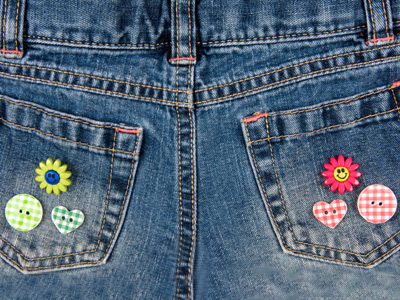

Ten Pieces - John Adams
To complement the BBC Ten Pieces, we have a KS2 Music quiz all about the modern American composer, John Adams.
John Adams is a composer of classical music and opera. At a young age, he was drawn to the sound of minimalism by composers such as Philip Glass. His themes are as diverse as the former American president Richard Nixon's visit to China in 1972; the building of the first atomic bomb; and the September 11, 2001 terrorist attacks in the United States.
He was won many awards for his music and still composes to this day. Keep an ear out for his new work - you might just love it!
What do you know about this modern composer? You may have heard, or heard of, more of his music than you think!
Ready for more?
not all...
quizzers. Try to win a coveted spot on our Hall of Fame Page.






